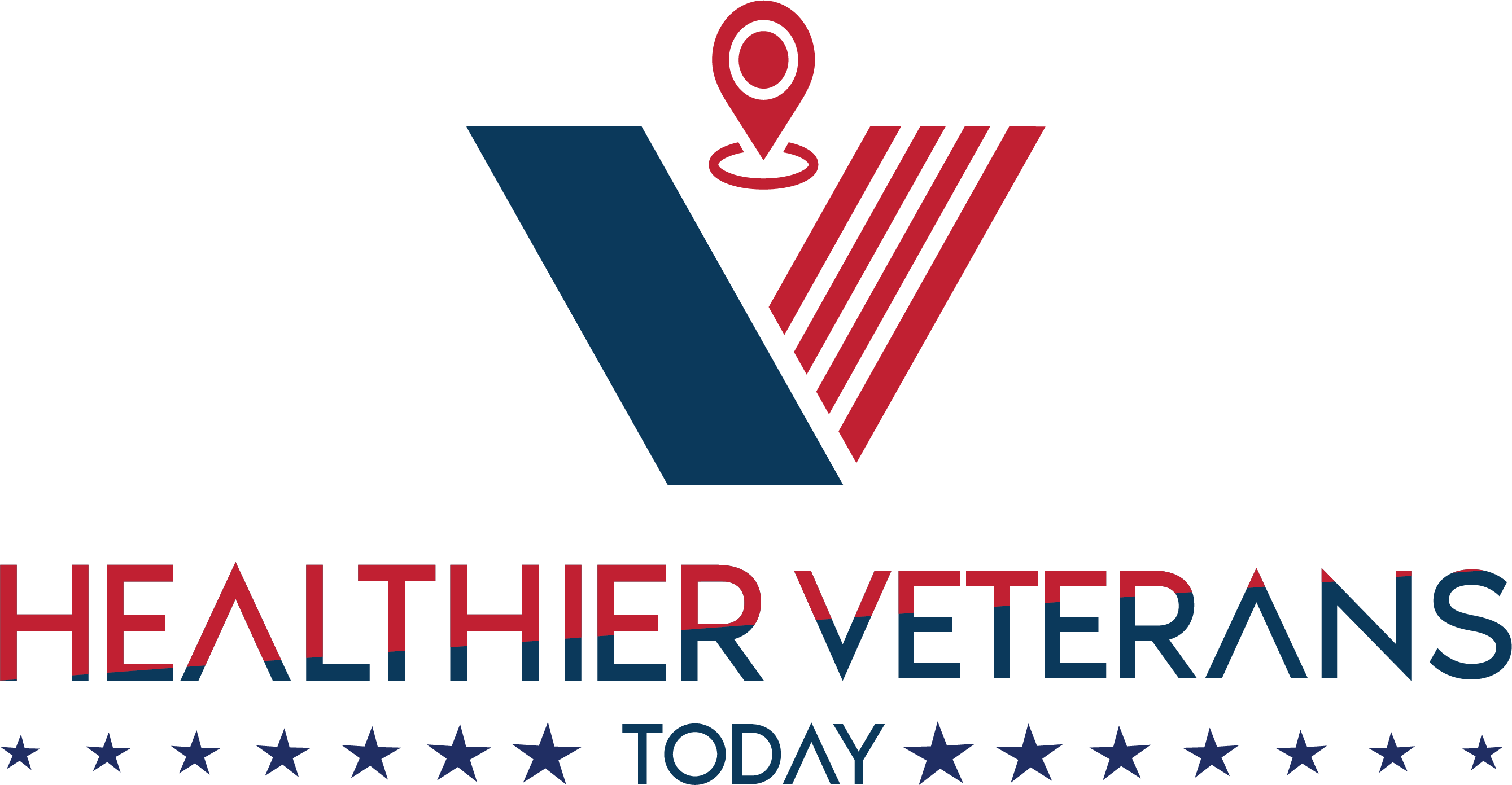Do you want to know how to change careers? We’ve got you covered with resume tips, networking, etc. Navigate your post-military career with confidence. Discover successful paths beyond service. Uncover strategies, unlock opportunities, and unleash your potential in a civilian landscape. Embark on a journey toward career transitions, paving the way for a bright future.
Table of Contents
The Challenge of Veteran Career Transition

Veteran Career Transition: Navigating New Horizons
Transitioning from Military to Civilian Jobs can present unique challenges. From adjusting to a different work culture to translating military skills into civilian language, veterans face a pivotal moment that requires careful planning and strategic decision-making. However, we must approach this transition with optimism, recognising that the skills acquired during military service are valuable assets in the civilian job market.
Recognising Transferable Skills from Military Service
Leadership and Teamwork: Core Pillars of Military Expertise
Military service instils invaluable skills that are highly transferable to the civilian workplace. Leadership, teamwork, and the ability to thrive in high-pressure environments are foundational to military expertise. Identifying and showcasing these transferable skills are essential to a successful career transition.
Adaptability and Resilience: Assets in Any Setting
The dynamic nature of military service hones adaptability and resilience. These qualities are necessary for navigating diverse and challenging situations, seamlessly translating into civilian workforce strengths. Demonstrating how these skills contribute to problem-solving and innovation enhances veterans’ marketability in various career paths.
Building a Solid Transition Plan
Early Planning: Setting the Foundation for Success
A successful career transition begins with meticulous planning. Veterans are encouraged to start the process well before leaving the military, utilising resources like transition assistance programs, career counselling, and networking opportunities. Early planning allows for a smoother transition and a clearer understanding of available career paths.
Researching Career Options: Aligning Passion with Profession
Researching potential career options is a needed step in the transition process. Veterans should explore industries that align with their skills, interests, and long-term goals. Leveraging online resources, attending career fairs, and connecting with mentors in desired fields provide valuable insights into the civilian job market.
Leveraging Military Transition Programs
Government-sponsored transition assistance programs are designed to equip veterans with the tools they need for a successful career transition. These programs offer workshops, resume-building resources, and networking opportunities. Engaging with these initiatives provides a structured pathway for veterans to navigate the complexities of the civilian job market.
Skill Translation Workshops: Bridging the Language Gap
One of the challenges veterans face is translating military jargon into language that resonates with civilian employers. Skill translation workshops offered through transition programs help veterans articulate their experiences and expertise in terms that civilian employers can understand and appreciate, enhancing their marketability.
Crafting a Powerful Civilian Resume

Emphasising Achievements: Showcasing Impactful Contributions
Crafting a compelling resume is an important aspect of a successful career transition. Veterans should focus on emphasising their achievements and quantifiable contributions during military service. Highlighting leadership roles, project management, and other accomplishments showcases the depth of their experience and demonstrates their potential value in civilian positions.
Utilising Online Resume Platforms: Expanding Visibility
Online resume platforms offer a powerful tool for veterans to showcase their skills and connect with potential employers. Platforms like LinkedIn allow veterans to create a professional online presence, network with professionals in their desired industries, and access job opportunities tailored to their skill sets.
Networking: A Cornerstone of Successful Transition
Building a Professional Network: Tapping into Opportunities
Networking is a cornerstone of successful career transition. Veterans are encouraged to attend industry events, connect with professionals in their desired fields, and join veteran-specific networking groups. Building a robust professional network opens doors to job opportunities and provides valuable insights and mentorship.
Informational Interviews: Gaining Insights from Industry Insiders
Informational interviews are a powerful tool for veterans to gain insights into specific industries or roles. Connecting with professionals for casual, informative conversations allows veterans to understand the nuances of civilian work environments, gather advice, and expand their understanding of potential career paths.
Pursuing Education and Certifications
Skill Enhancement: Investing in Continuous Learning
To enhance their marketability, veterans can pursue further education or certifications in areas that complement their military expertise. Many programs offer accelerated courses or credit for military experience, allowing veterans to acquire new skills and stay competitive in evolving industries.
Utilising GI Bill Benefits: Accessing Educational Opportunities
The GI Bill provides valuable education benefits to eligible veterans, including funding for degree programs, vocational training, and certification courses. Leveraging these benefits enables veterans to pursue education aligned with their career goals, setting the stage for a successful transition.
Exploring Entrepreneurship Opportunities
Veteran Entrepreneurship: Transforming Leadership into Business
Many veterans discover that their leadership skills and strategic mindset make them well-suited for entrepreneurship. Exploring opportunities to start a business allows veterans to leverage their unique skill set, create job opportunities for others, and contribute to the economy’s growth.
Veteran-Owned Business Programs: Accessing Supportive Resources
Numerous programs exist to support veteran entrepreneurs, providing resources such as mentorship, funding, and networking opportunities. Joining veteran-owned business programs allows aspiring entrepreneurs to connect with a supportive community and access the tools to launch and sustain a successful venture.
Tapping into Industry-Specific Programs

Industry Transition Programs: Navigating Specialized Fields
For veterans interested in specific industries, industry-specific transition programs offer tailored support. These programs provide insights into the unique requirements of particular fields, connect veterans with industry professionals, and provide specialised training to facilitate a smooth transition into civilian roles.
Internship Opportunities: Gaining Practical Experience
Internships are valuable entry points for veterans seeking hands-on experience in a new industry. Many organisations offer veteran-focused internship programs, providing an opportunity to apply skills in a civilian context, build industry-specific knowledge, and establish connections for future employment.
Overcoming Challenges with Resilience
Addressing Mental Health: Prioritizing Well-Being
Transitioning from military to civilian life can be accompanied by unique mental health challenges. Veterans need to prioritise their well-being and seek support when needed. Various organisations and resources are dedicated to supporting veterans’ mental health, ensuring a holistic approach to the transition process.
Embracing Change: A Mindset for Success
Embracing change and approaching the transition with a growth mindset is needed for success. While challenges may arise, viewing them as opportunities for growth and learning fosters resilience. Veterans possess a unique strength forged through military service, a power that can be channelled into overcoming obstacles and achieving civilian career success.
A New Horizon of Possibilities

How to change careers has been uncovered! Remember that the career transition is not just about finding a job; it’s about seeing a new horizon of possibilities and contributing to industries with the expertise gained through military service.





